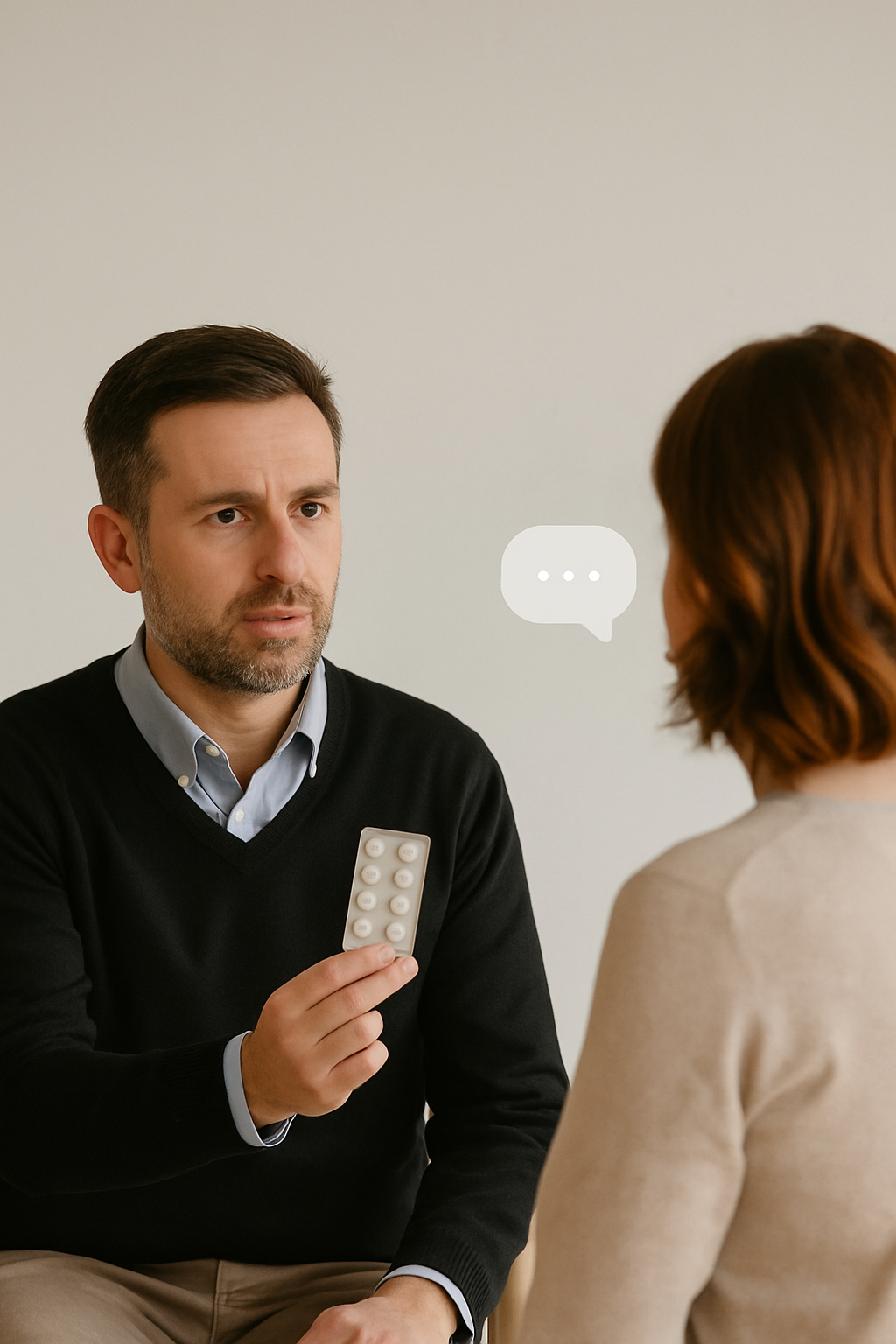Blending Medication and Psychotherapy
Mental health care is most effective when it recognizes the complexity of the human experience. For many individuals, medication plays an important role in stabilizing mood, reducing anxiety, and improving daily functioning. Yet, symptoms do not exist in isolation—they are shaped by our relationships, environment, and personal history. At Ace Psychiatry, I combine evidence-based medication management with an understanding of the deeper psychological patterns that influence well-being.
A balanced approach
As a psychiatric nurse practitioner, I provide psychiatric evaluations and medication management for adolescents (16 and up) and adults. My clinical focus is to ensure that medications are prescribed thoughtfully, with careful attention to effectiveness, side effects, and each individual’s goals for treatment. However, I also believe that medication alone is not always enough. For many patients, true healing comes from exploring the underlying emotional themes that contribute to their struggles.
Advanced training in psychotherapy
In addition to my medical training, I completed the two-year Adult/Child Psychodynamic Psychotherapy (APP) program at the St. Louis Psychoanalytic Institute (STLPI), where I received intensive training in psychodynamic principles and practice. I also hold a certificate in modern psychoanalysis studies from the Academy of Clinical and Applied Psychoanalysis (ACAP) in New Jersey. These programs deepened my understanding of how unconscious processes, early experiences, and relationship dynamics shape mental health. By integrating this perspective into psychiatric care, I help patients not only manage symptoms but also work toward lasting growth and resilience.
Why this integration matters
Medication as support, not the whole story – Medications can reduce suffering and allow space for meaningful change.
Therapy as exploration – Psychodynamic work uncovers patterns that may be contributing to distress, offering insight and new possibilities.
Whole-person care – Combining both approaches allows treatment to address the biological, emotional, and relational dimensions of mental health.
Moving forward
Whether someone is seeking relief from depression, anxiety, mood instability, or difficulties with focus and attention, my goal is to create a treatment plan that is both practical and meaningful. By integrating modern psychiatric care with psychodynamic understanding, patients are supported not only in feeling better—but in developing greater self-awareness, confidence, and resilience for the future.

